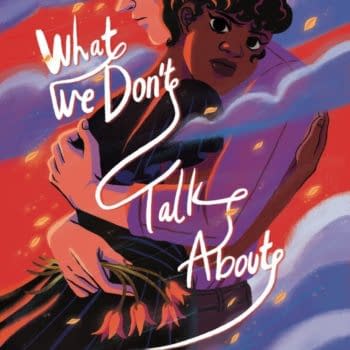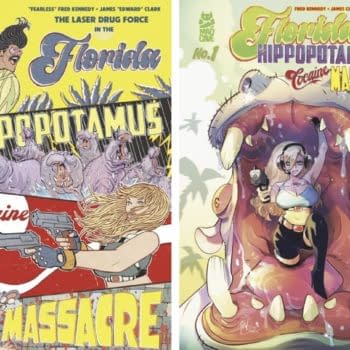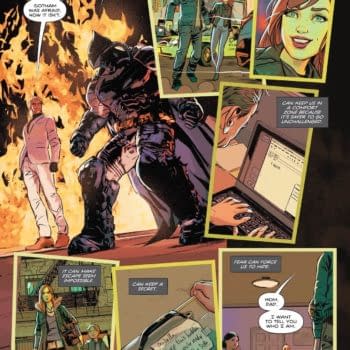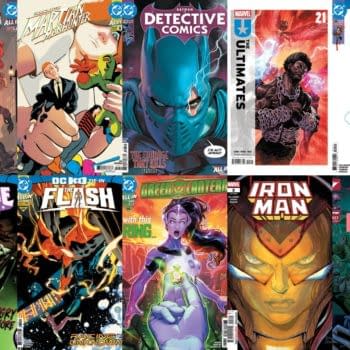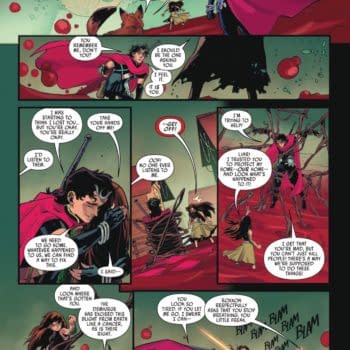Posted in: Comics | Tagged: Comics, grenada, History
Justifying the 1983 Invasion of Grenada With Comics for Kids?
On the morning of October 25th, 1983, the United States led a coalition to an island 100 miles off the Venezuela coast called Grenada. Their reason was to protect American citizens, primarily medical students, against the growing communist regime on the island and to establish a long-enduring democratic government. Although the United Nations Security Council absolutely did not authorize the invasion, it was marketed in the U.S. as having broad public support.
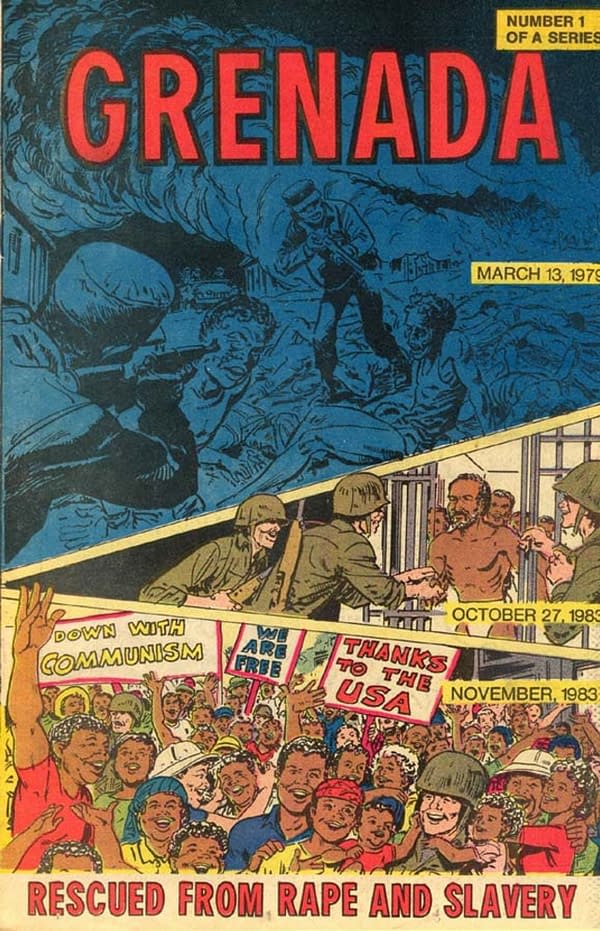
In their effort to spin the violation of international law and an effort to battle the communist reach of the Cold War, author A.C. Clem Langdon propagated a comic book called Grenada: Rescued From Rape and Slavery in a gross attempt to garner more support for the invasion. In his comic, Grenadians were quoted to say, "The People's Revolutionary Government is nothing but a puppet of Castro's Cuba! Russian orders, and Castro pulls the puppet strings!" He also depicted hot topic Cold War issues such as a boat full of men in USSR uniforms, man-handling Fidel Castro by a set of puppet strings.

This comic is seethed in rumors, claiming everything from being the first trade ever dropped from a government plane to the producer being paid by a CIA agent with a briefcase full of cash. In his book Comic Art Propaganda, Fredrik Strömberg states that the likelihood of the comic drop would be very unlikely. For example, the comic gives a pretty hard timeline of events from the invasion, including all the correct dates without ever mentioning the distribution of the medium by the CIA.
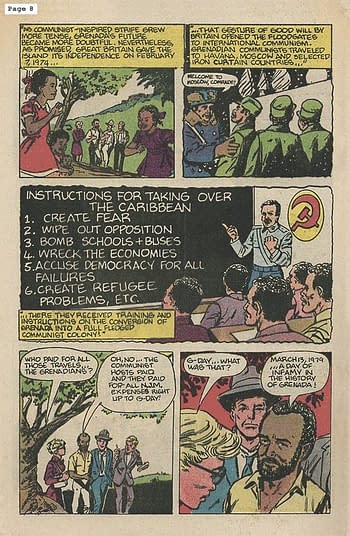
The dangers of comics such as these are that they seek to justify these efforts to a target market of children, making it seem that unilateral efforts from the United States are simply "what heroes do." Regardless of the international outcry, Langdon succeeded in a comic that created necessary action from the United States, albeit in a cheesy and unrelatable way. Considering that President Ronald Regan was no stranger to using comic books as a form of propaganda (see Reagan's Raiders), this time period shows that in an effort to combat the Cold War, the United States was willing to reach into any and all forms of media to extend their democratic ideologies. Although there are those that would claim it was necessary to invade Grenada, it is harder yet to spin any justification of such political efforts to children. And considering the comics ends with an exclamation of "think and stay free," it hard to wonder what the general American consensus would have been had such forms of exaggerated propaganda had not been used.


